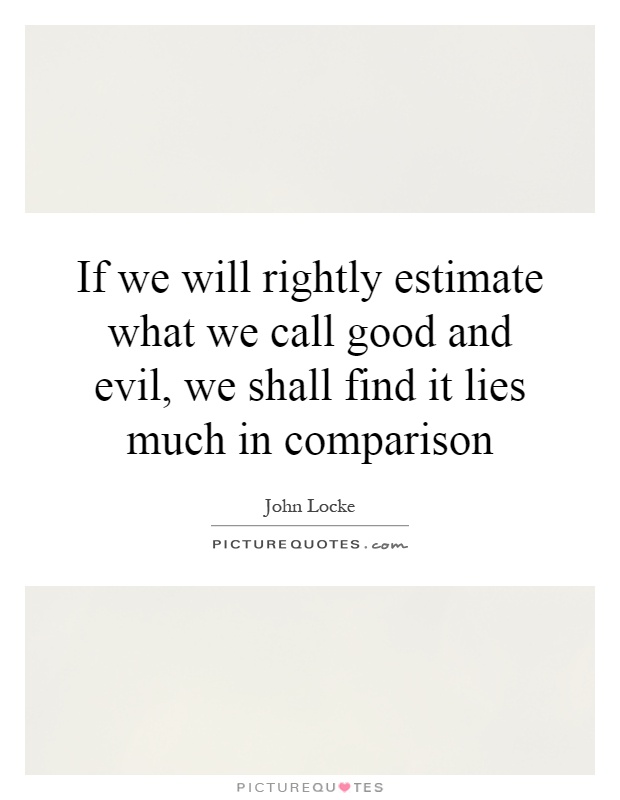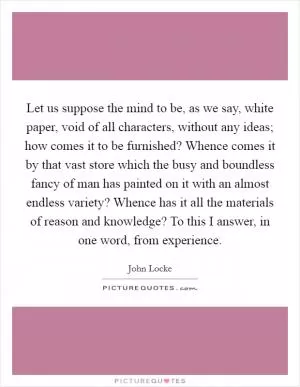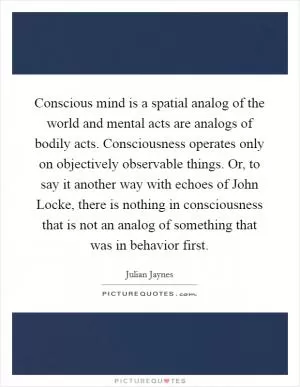If we will rightly estimate what we call good and evil, we shall find it lies much in comparison

If we will rightly estimate what we call good and evil, we shall find it lies much in comparison
John Locke, a prominent philosopher of the Enlightenment era, believed in the importance of reason and rationality in understanding the world around us. In his work, Locke often discussed the concepts of good and evil, and how they are perceived and understood by individuals. One of his famous quotes, “If we will rightly estimate what we call good and evil, we shall find it lies much in comparison,” reflects his belief that our understanding of good and evil is relative and subjective.Locke argued that our perception of good and evil is shaped by our experiences, beliefs, and values. What one person considers good may be seen as evil by another, depending on their individual perspectives and circumstances. This idea of relativism in morality is central to Locke’s philosophy, as he believed that there are no absolute standards of good and evil that apply universally to all people.
Locke’s emphasis on comparison in the evaluation of good and evil suggests that our judgments are often influenced by the context in which they occur. For example, what may be considered a good action in one situation may be seen as evil in another, depending on the consequences and intentions of the individual. This relativistic approach to morality challenges the idea of moral absolutes and encourages individuals to consider the complexities and nuances of ethical decision-making.
Furthermore, Locke’s concept of comparison in the estimation of good and evil highlights the importance of empathy and understanding in moral reasoning. By recognizing the diverse perspectives and experiences of others, we can gain a deeper appreciation for the complexities of ethical dilemmas and the subjective nature of moral judgments. This approach to morality encourages individuals to engage in dialogue and reflection, rather than relying on rigid rules or dogmatic beliefs.












 Friendship Quotes
Friendship Quotes Love Quotes
Love Quotes Life Quotes
Life Quotes Funny Quotes
Funny Quotes Motivational Quotes
Motivational Quotes Inspirational Quotes
Inspirational Quotes